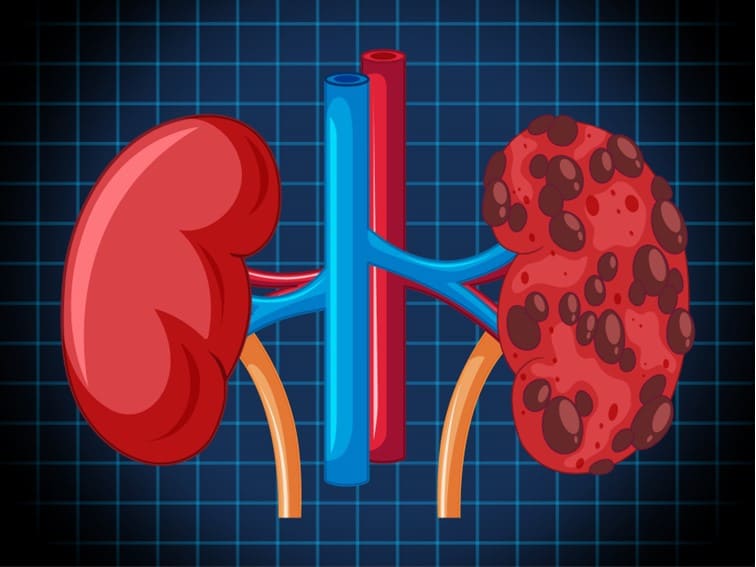What are analgesics? These are painkillers – such as ibuprofen, acetaminophen, aspirin, and naproxen sodium. When someone takes one of these medicines or a mix for a long time, they may develop chronic kidney problems. This condition is known as analgesic nephropathy. Taking some painkillers that combine two or more medicines acetaminophen, aspirin, and codeine or caffeine together can cause potential damage to the kidneys.
Symptoms of Analgesic Nephropathy
- Decreased urine output
- Back pain near the kidneys
- Frequent urge to urination and increased urination frequency
- Hematuria (blood in urine)
- Unhealthy feeling, weakness, and fatigue
- Drowsiness, confusion, and lethargy
- Easy bleeding or bruising
- Edema or widespread swelling
- Nausea or vomiting
- Numbness in the arms and legs
Complications of analgesic nephropathy
Excessive use of analgesics (painkillers) can make you prone to acute kidney failure. For instance, kidney failure has been linked to the use of naproxen, paracetamol, ibuprofen, and aspirin. People with the following risk factors are at increased risk of kidney failure.
- Chronic kidney disease
- Lupus
- Age-related diseases
- Excessive drinking (binge drinking)
Diagnosis of analgesic nephropathy
Based on the symptoms or in the absence of any symptoms, if a nephrologist suspect nephropathy the doctor will do a physical examination and review the medical history of the patient. The nephrologist may order the following tests:
Urine Toxicology screen: The test measures the amount of pain killer in urine.
Complete blood count – The test measures all types of blood cells including the number size and maturity of red blood cells.
Urine analysis: This is done to detect blood cells, pus cells, and infection in the urine as also other chemicals and proteins in the urine.
Blood pressure check
Intravenous pyelogram test helps detect any abnormalities such as blockages in the kidney ureter or bladder, or stones in the kidneys. The test also helps detect kidney cancer and to check blood flow to the kidney.
Treatment for analgesic nephropathy
It depends on the age of the patient, past medical history, sickness levels, overall health status, level of tolerance to specific medications, and the expected duration of the condition. The treatment may include prescription medications, dietary changes, and stopping the medicines (all OTC medicines). The treatment also involves counseling and management of chronic pain by means of behavioral therapy. The aim of the treatment is to prevent further kidney damage and treat existing kidney damage.
Bottom Line
Whether it is over-the-counter painkillers or prescription medicines – long-term use can damage your kidneys. Those who are above 40 years of age and women over 30 years of age are at risk. In a majority of the causes, kidney damage is silent without any symptoms. However, routine health checks, and urine and blood tests can detect kidney damage early. Furthermore, the symptoms look very similar to the symptoms of other common medical conditions or health issues. Therefore, it is better to discuss your concerns with an experienced and expert nephrologist.

Leave a Reply